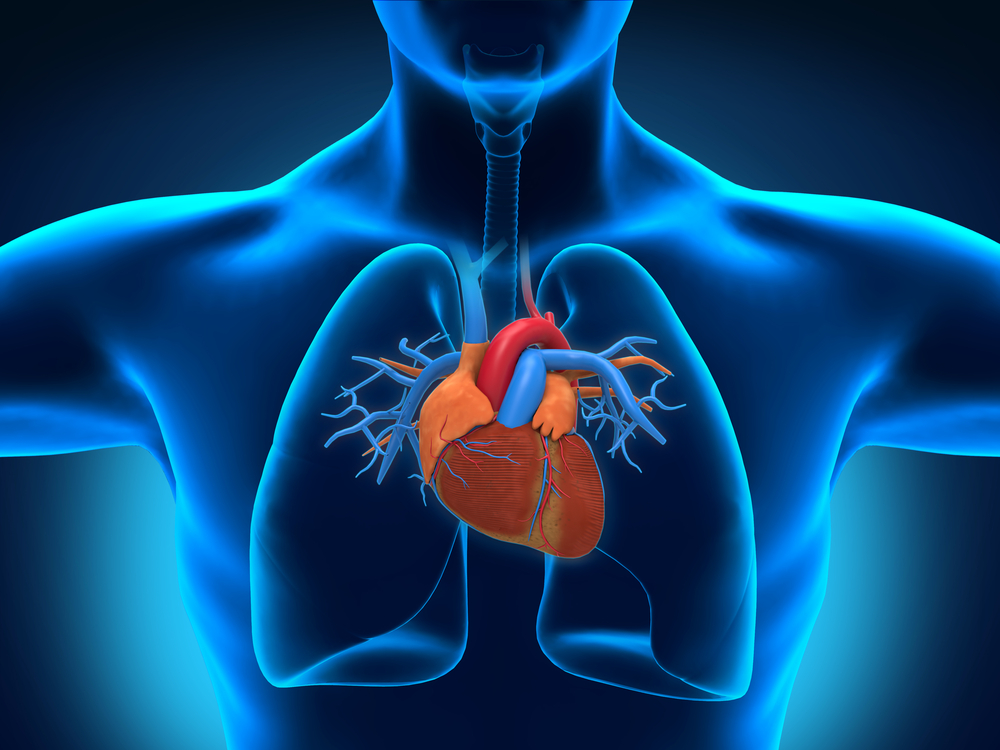Animals Could Become Human Organ Donors Some Day, Researchers Say

Get the world’s most fascinating discoveries delivered straight to your inbox.
You are now subscribed
Your newsletter sign-up was successful
Want to add more newsletters?

Delivered Daily
Daily Newsletter
Sign up for the latest discoveries, groundbreaking research and fascinating breakthroughs that impact you and the wider world direct to your inbox.

Once a week
Life's Little Mysteries
Feed your curiosity with an exclusive mystery every week, solved with science and delivered direct to your inbox before it's seen anywhere else.

Once a week
How It Works
Sign up to our free science & technology newsletter for your weekly fix of fascinating articles, quick quizzes, amazing images, and more

Delivered daily
Space.com Newsletter
Breaking space news, the latest updates on rocket launches, skywatching events and more!

Once a month
Watch This Space
Sign up to our monthly entertainment newsletter to keep up with all our coverage of the latest sci-fi and space movies, tv shows, games and books.

Once a week
Night Sky This Week
Discover this week's must-see night sky events, moon phases, and stunning astrophotos. Sign up for our skywatching newsletter and explore the universe with us!
Join the club
Get full access to premium articles, exclusive features and a growing list of member rewards.
Advances in transplant technologycould pave the way for the use of animal organs in people some day — which could help solve the problem of the donor organ shortage, researchers say.
In a new study, scientists transplanted hearts from genetically engineered pigs into baboons whose immune systems had been suppressed, to prevent them from rejecting the transplants.
The transplanted hearts survived in their recipients for more than 500 days, the researchers reported today (April 28)at a meeting of the American Association for Thoracic Surgery in Toronto. The research has not been published in a peer-reviewed medical journal, but it has been submitted for publication. [Humans 2.0: Replacing the Mind and Body]
About 120,000 patients are waiting for organ transplants in the United States — far more people than the number of human donors, said Dr. Muhammad Mohiuddin, chief of transplantationat the National Institutes of Health's National Heart, Lung and Blood Institute.
"If we do these transplants using nonhuman donors, we will be able to save most of these precious lives," Mohiuddin told Live Science.
Transplanting organs from animals, known as xenotransplantation, could replace human organs completely, or provide a stopgap until a human organ becomes available. But tissue rejection by the recipient's immune system remains a major hurdle to successful transplantation.
To overcome this problem, Mohiuddin and his colleagues used hearts from pigs that had been genetically engineered to remove genes known to cause tissue rejection in humans, and replaced them with human genes that wouldn't cause an immune reaction. Pigs were chosen because their anatomy is similar to humans', and they mature very quickly.
Get the world’s most fascinating discoveries delivered straight to your inbox.
The researchers implanted hearts from these pigs into the abdomens of baboons, without replacing the monkeys' original hearts but still connecting the pig hearts to the baboons' circulatory system.
The transplanted hearts survived in the baboons for more than 500 days, with the baboons taking immunosuppressive drugs, the researchers reported.
"Now, we are at a stage when we can control the rejection — the most difficult part," Mohiuddin said.
The next step will be to perform transplants that replace the baboons' hearts with the genetically engineered pig hearts. The researchers couldn't say when the animal transplants might move to clinical trials in humans. The researchers can only move on to human trials if they show that the process works in baboons, Mohiuddin said.
Besides the heart, other tissues could also potentially be transplanted from animals to humans, including the liver, kidneys, pancreas and lungs, Mohiuddin said.
Follow Tanya Lewis on Twitter and Google+. Follow us @livescience, Facebook & Google+. Original article on Live Science.

 Live Science Plus
Live Science Plus










